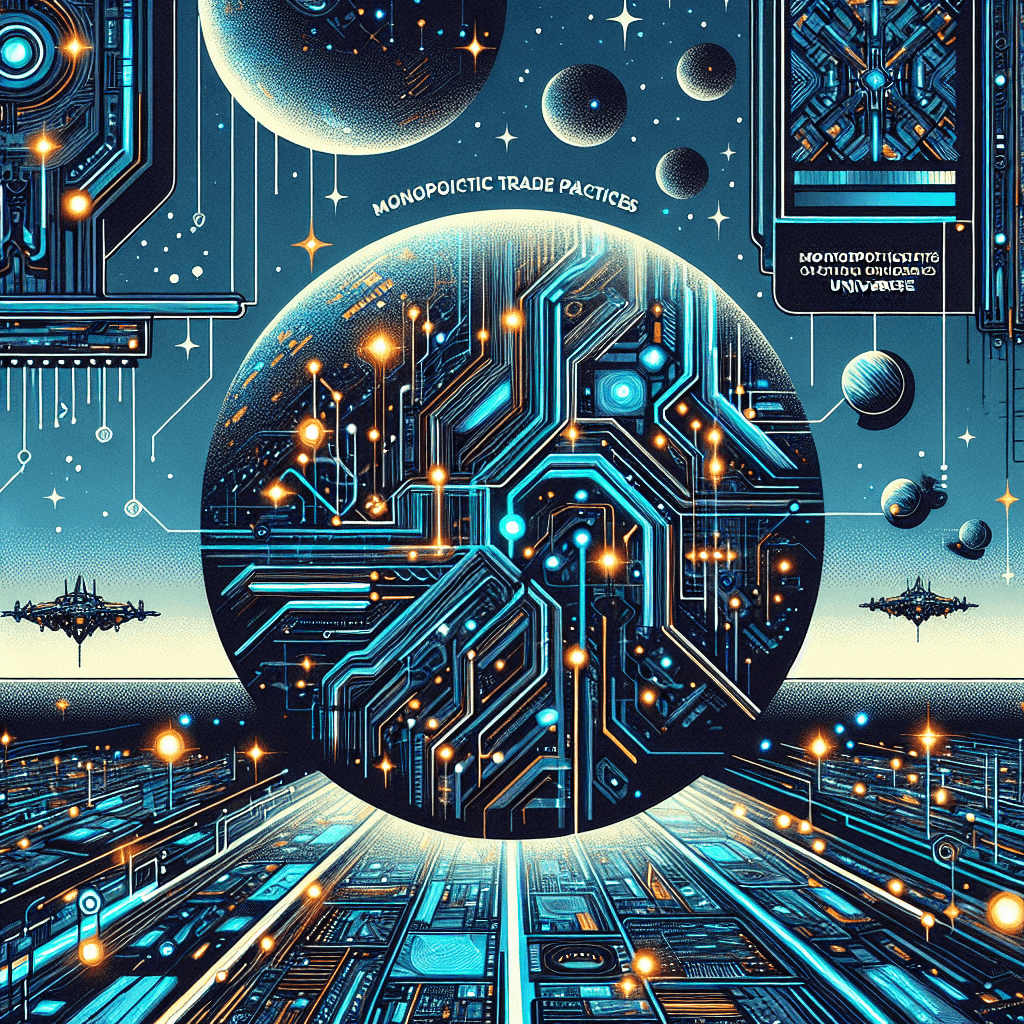Monopolistic Trade Practices in Star Atlas: An Insight

Monopolistic Trade Practices in Star Atlas: An Insight
Monopolistic trade practices occur when a single entity dominates a market, leading to a lack of competition. In a digital universe like Star Atlas, which operates on the Solana blockchain, such practices can manifest in various ways, influencing gameplay, economics, and player experiences. As a part of Titan Analytics, a Solana validator and analytics platform for Star Atlas, we explore how these practices can impact the game.
Understanding Monopolistic Practices
In any market—real or virtual—monopolistic practices often lead to inefficiencies and can harm smaller players or new entrants. Here’s how they relate to Star Atlas:
-
Market Control: In Star Atlas, certain players or factions may accumulate vast amounts of resources or influence, effectively controlling pricing and availability. This can limit other players’ opportunities for trade and growth, stifling a competitive environment.
-
Price Manipulation: Dominant players may engage in price manipulation, setting prices unreasonably high for goods or services. This can create barriers for new players, making it difficult for them to enter the market or compete effectively.
-
Exclusive Agreements: Some groups might form alliances or exclusive partnerships, effectively locking out competitors. Such alliances can lead to monopolistic behaviors by ensuring that only a select few have access to certain resources or technologies, limiting broader economic participation.
- Resource Hoarding: In the quest to maintain supremacy, dominant players might hoard critical assets, like rare ships or resources. This not only drives up prices but can also disrupt the overall economic balance within Star Atlas, making it tougher for newcomers to thrive.
Impact on Player Experience
These practices can significantly alter player experiences. For instance:
-
Limited Choices: When only a few dominate the marketplace, players may find fewer options, leading to dissatisfaction and a sense of stagnation in gameplay.
-
Inequitable Growth: If resources are hoarded or manipulated, newer players may struggle to progress, leading to a feeling of imbalance within the community.
- Reduced Innovation: Competition drives innovation. When monopolistic practices are prevalent, the incentive for innovation diminishes, resulting in a less dynamic and engaging universe for everyone.
Fostering a Healthy Economy
To counteract the effects of monopolistic trade practices in Star Atlas, players can:
-
Encourage Transparency: Open channels of communication about pricing and resource availability can level the playing field.
-
Support Decentralization: Engaging in decentralized marketplaces can help disrupt monopolistic practices and encourage a more diverse trading environment.
- Collaborate: Smaller factions can band together to share resources and information, creating a more competitive landscape.
Conclusion
Understanding monopolistic trade practices is essential for the healthy growth of any economy, including the vibrant marketplace of Star Atlas. By being aware of these practices, players can contribute to a more equitable and engaging trading experience.
For deeper insights and analytics on Star Atlas, visit Titan Analytics Star Atlas Data Modules or reach out to us at Titan Analytics Contact Page. We are here to support your adventures in the Star Atlas universe!




